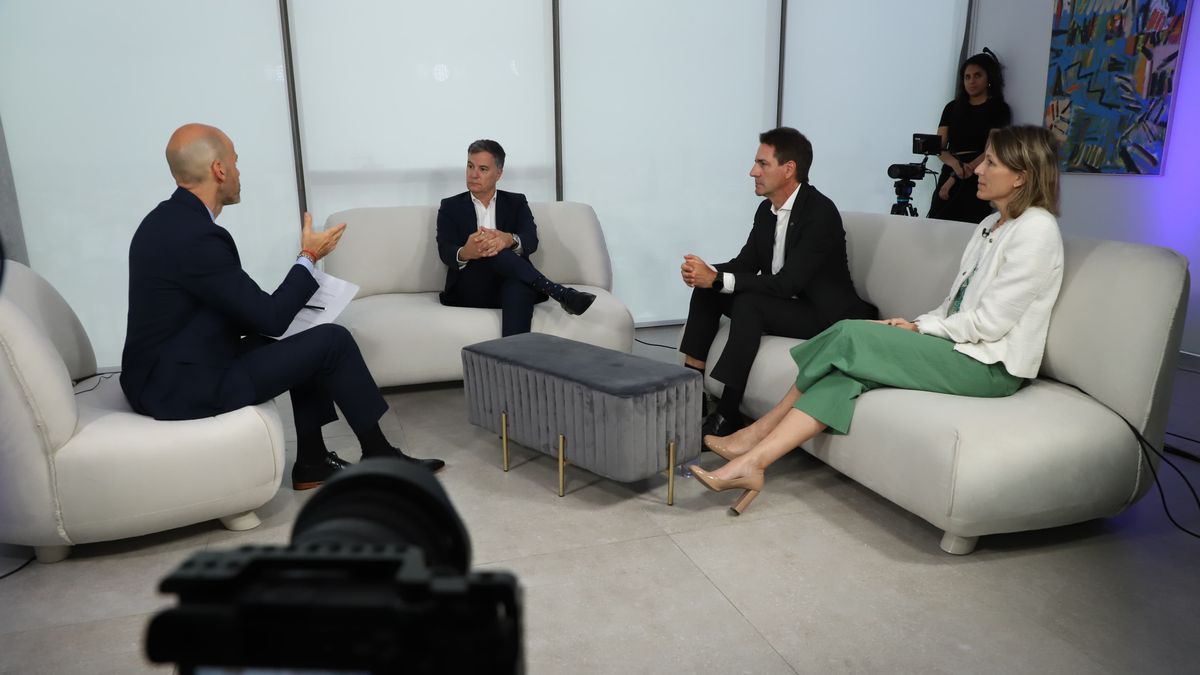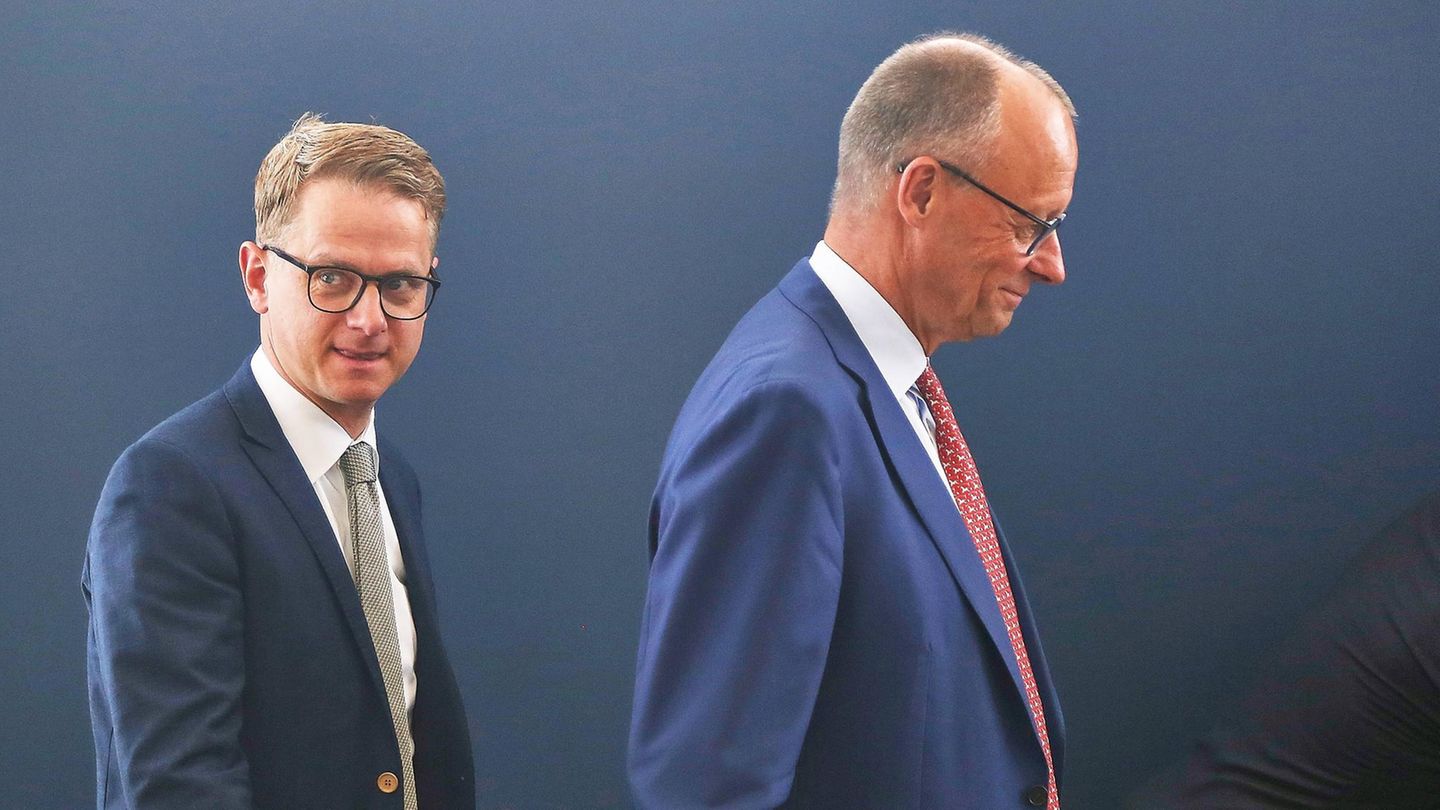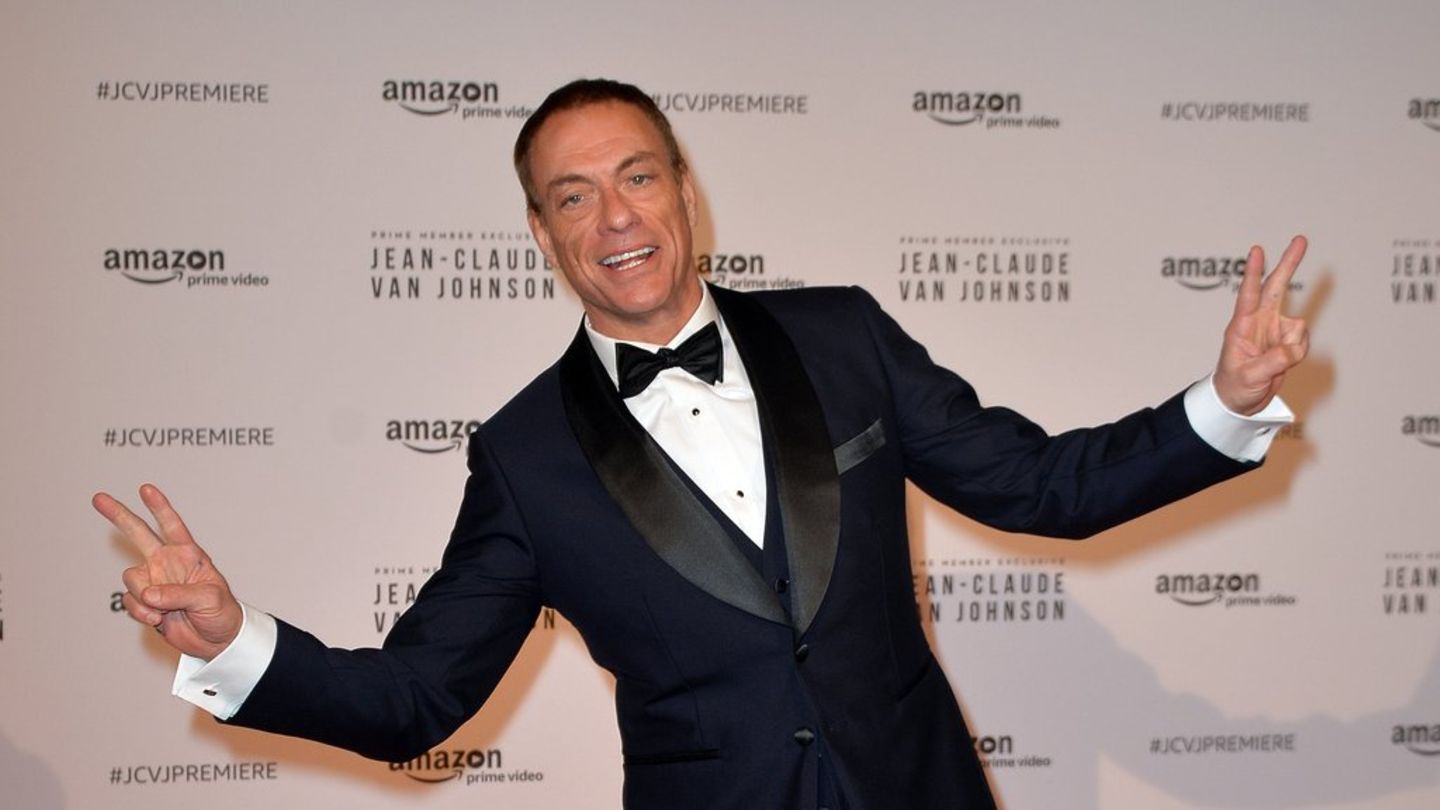Isela Constantini.jpeg
Isela Costantini, CEO of Grupo ST.
In turn, Marín proposed that 2024 “It started a little difficult, with a year of very high rates, but the second semester was improving, The drop in inflation translated into lower rates and gave rise to credit, so we ended a very good year.”
“Mercedes Benz Trucks and Buses finishes as the leader in both segments. We dedicate ourselves practically 100% to financing these areas and, if my colleagues do well, so do we,” he confided about the company he is part of.
At the national level, he highlighted that “the truck world generally anticipates the resumption and it ends up being a very good year, with very good expectations for next year.” “We are waiting for the reduction in rates to also be consolidated and we can boost credit and sales of trucks and buses,” he pointed out.
Meanwhile, Sibilla defined 2024 as “a roller coaster.” “We had a very intense first semester, with a market drop of 30%, a second quarter in which a very intense price war broke out because the factories had a lot of stock to get rid of. And from the beginning of the second semester there began to be signs of improvement, the market began to rebound,” he observed.
In that sense, he highlighted that at this time of the year “there is a sales level that exceeds the equivalent of 2023 and projects us towards 2025 with a market that is between 460 and 480 thousand vehicles, while in 2023 it was 430 thousand.” “The adjustment is behind us and a quite reasonable level of sales is coming. Far from historical highs, but it is starting to be an interesting market. “Stability and economic signs are in our favor,” he insisted.
The opportunities that open
Regarding the opportunities that were generated, Constantini referred to the fact that Grupo ST is “a group of Argentine businessmen who are committed to making the country grow” and stated that “opportunities for growth and purchase have arisen because we are in search, as happened with purchases in the insurance world and recently we bought an ALyC to close the umbrella of financial solutions.”
“You start to look at the possibilities of doing business or the profitability we had. What happens with the rate, bonds and rules can change what happens in terms of investments and capacity. We continue to see opportunities for growth and in credit we are making a very large investment in transforming the business model, in parallel with the drop and improvement in the rate,” he noted.
In turn, Marín indicated that Mercedes Benz “announced an investment of 110 million dollars in a new logistics center that is soon to be inaugurated in Zárate and the factory is going to be built there, which means it has a fairly optimistic long-term vision.”
“It was launched as an independent group three years ago and 2025 is going to be strong in investments. The investment is from the industrial sector and we are going to support sales and customers from our side, via credit, trying to be a leverage for sales,” he confided.
Pablo Marín.jpeg
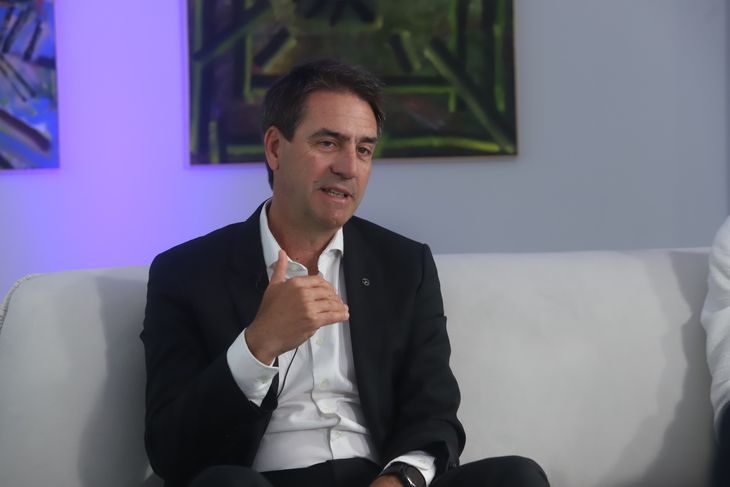
Diego Marín, president and CEO of Mercedes-Benz Compañía Financiera.
Sibilla remarked that “When a country shows stability and credibility in the future and does what it was said it was going to do, it is always favorable for investment” and he reviewed that Renault has the Santa Isabel plant on the eve of turning 70 years old, being the oldest in the country.
“When we make an investment we always think about the long term, not about the situation of this year or next. We announced an investment of 350 million dollars to make the first half-ton pickup that is going to be manufactured in Argentina, with the objective that 70% of what is manufactured is exported,” he highlighted the company’s goal.
“Everything that the government and the country do to provide greater stability, credibility, lower country risk and improve rates, goes in the right direction so that these investments are reinforced throughout the value chain,” he insisted.
The Renault representative said that “those of us who work here and have to give explanations to parent companies often have to explain what the country is,” but he stated: “The world has become a more complex place globally, it has become a little more Argentinian and that makes them understand me more. Furthermore, the authorities are seeing a change and want to see what it is about.”
The projections of each company
Regarding the linked movements of economic reality, Constantini admitted that “We saw a greater movement in motorcycles and consumption and the expectation is that it will continue for next year, that improves consumption that this year started out reduced,” while echoing Marín’s sayings: “If trucks are optimistic, I think they are the ones that are beginning to show us the perspective of growth and stability.”
Along these lines, the Mercedes Benz representative indicated that “today the conditions and steps are being met for sustainable growth” and he reviewed that “Lowering rates will help because credit always drives sales and it is a field where there is still a lot to grow.”
Personally, he recalled that the firm celebrated 25 years in Argentina, which speaks of “a career in difficult and good times, but always trying to support sales” and highlighted: “We have short and long-term collateral products, we offer leasing of up to five years without a guarantee deposit and we recently made an agreement with Banco Galicia, with a line designed to finance buses. Additionally, we are entering into the financing of spare parts and services, to support after-sales.”
Meanwhile, Sibilla reviewed that within the framework of the “Renaulution”, 2025 is expected to be “super intense in terms of launches” and he mentioned the launch of the Kardian. “We had a pre-sale and it was sold out in 24 hours, with a very good demand and a superior offer in terms of technology,” he highlighted.
Looking ahead to next year, he maintained that by 2025 “a hybrid like the Arkana, which is a bestseller in Europe and we are going to relaunch the Kwid, that we had had to interrupt it due to lack of dollars at the country level.”
The challenge of competitiveness
Sibilla also referred to the challenge of competitiveness. “We must develop the export business and within our dialogue with the Minister of Economy (Luis Caputo) is working together to reduce taxes that affect exports, work on competitiveness and not export taxes,” he pointed out.
Regarding this situation, he compared that “Argentina exports 20% taxes, Brazil 11% and Mexico 0%,” for which he stated: “So we want to go that way. The fiscal deficit is priority one and it is not touched, but let’s build a path by reducing these taxes to achieve the competitiveness that the country needs.”
Constantini added that “we are very fortunate to have all natural resources with very easy access” and considered that “the country’s view of what is coming in the coming years is critical.”
“The value of Vaca Muerta is spectacular, but we have to be competitive to be able to put these products in the world. It is the opportunity with the stability that we see. If all this was achieved, why can’t we be competitive in key sectors? “, it was hoped.
At the same time, the Grupo ST representative added: “We see a lot of opportunity to develop the value chain, which goes from the cementing machine and the drilling machine to food. Large companies come to explore the different natural resource sectors, but the value chain that develops is SMEs and many times Argentine. We see cameras working with multinationals and there we have a lot to contribute.”
In that sense, Marín agreed that “in mining there is a gigantic opportunity that has a lot of traction,” although he warned that “There is also a lack of infrastructure in some provinces.”
“We have the natural resources, but we have to help with routes and so on because there is a gigantic opportunity that energizes the entire economy,” he said.
Pablo Sibilla.jpeg
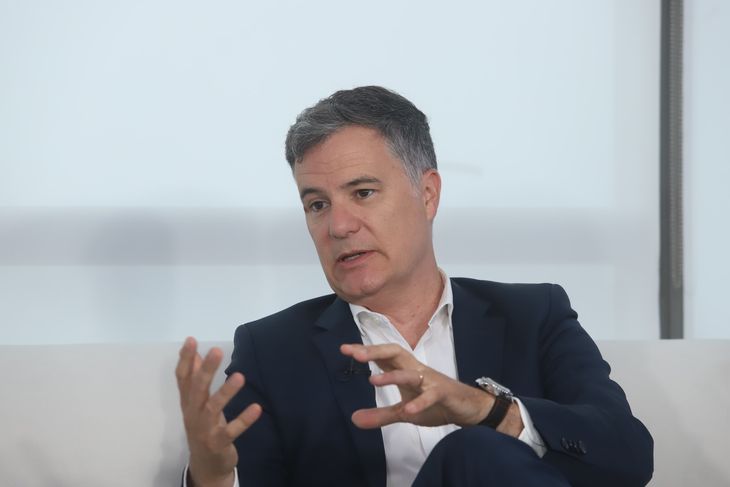
Pablo Sibilla, president and CEO of Renault Argentina.
Sibilla took up the word to remember the generation of employment direct and indirect investments and referred to the value of the dollar: “When you listen to the president or the Minister of Economy and they say that devaluation is not the path to competitiveness, it is not. “Argentina has a history of devaluing and shortly afterwards recovering the effect.”
“The way is to work on the underlying issues, on infrastructure. Argentina has spectacular natural resources, but is geographically positioned far from everything. So The cost is very important and we have to work a lot on ports and infrastructure at the country level. because several companies say that to bring the merchandise to the port, logistics is more expensive than international freight,” he continued.
For all this, he recounted Renault’s experience: “We work with Córdoba to once again transport vehicles from the factory to the ports by rail, as happened in the 60s. Today that infrastructure has been lost and they have to be transported by truck, but the trace exists and with little money it can be proportionally valued, greatly reducing the cost of exporting a vehicle.”
Source: Ambito

